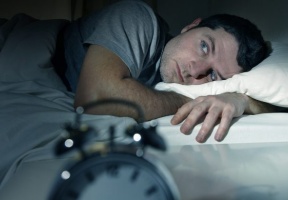

Losing just a couple hours of sleep at night makes you angrier, especially in frustrating situations, according to new Iowa State University research. While the results may seem intuitive, the study is one of the first to provide evidence that sleep loss causes anger. Other studies have shown a link between sleep and anger, but questions remained about whether sleep loss was to blame or if anger was responsible for disrupted sleep, said Zlatan Krizan, professor of psychology at Iowa State. The research, published in the Journal of Experimental Psychology: General, answers those questions and provides new insight on our ability to adjust to irritating conditions when tired.
Study participants were randomly split into two groups: one maintained their normal sleep routine and the second restricted their sleep by two to four hours each night for two nights. Those who maintained averaged almost seven hours of sleep a night, while the restricted group got about four and a half hours each night. The difference reflects sleep loss we regularly experience in everyday life, Krizan said. To measure anger, Krizan and Garrett Hisler, an ISU doctoral student in psychology, had participants come to the lab — before and after the sleep manipulation — to rate different products while listening to brown noise (similar to the sound of spraying water) or more aversive white noise (similar to a static signal). Krizan says the purpose was to create uncomfortable conditions, which tend to provoke anger. The researchers also tested whether subjective sleepiness explained more intense feelings of anger.









